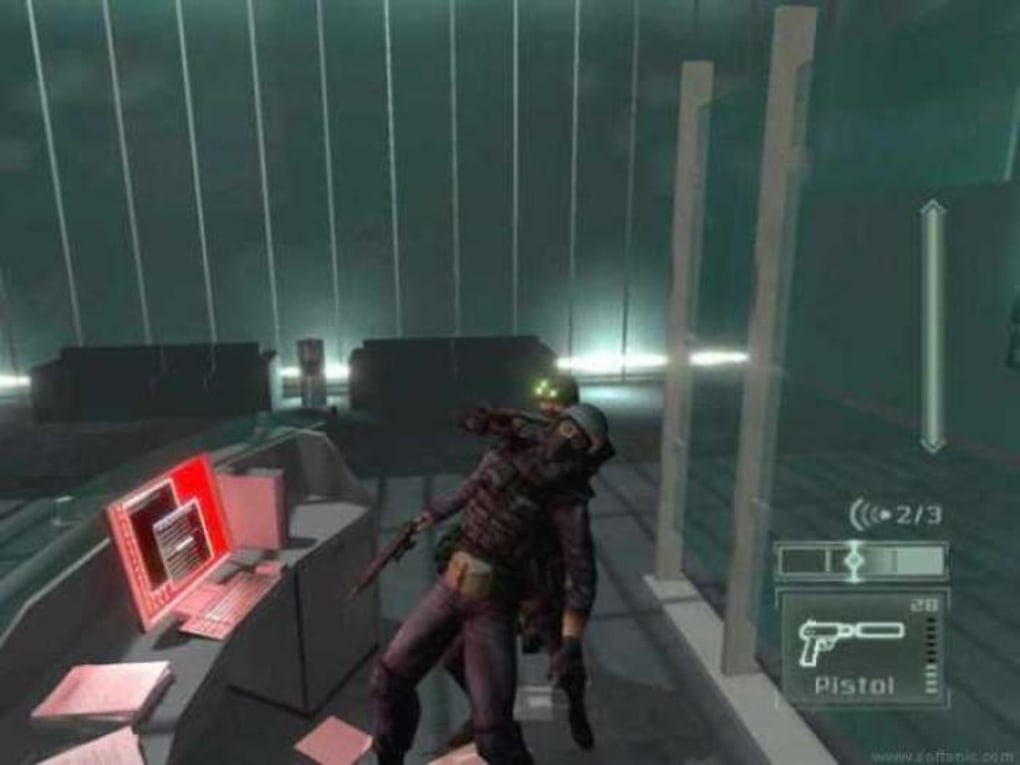

These attacks were first targeted towards the military, computer systems, transportation, and other electronic infrastructures.

This incident was reported in the news and officially declared the "Georgian Information Crisis". This threat was made very clear when he ordered Masse to launch highly-advanced information warfare algorithms to strike at the U.S. and its allies, declaring that they were helpless to defend themselves against potential threats.

A webcast on the news showed Nikoladze shouting threats towards the U.S. Nikoladze then went into hiding, along with his top military advisors. In the days that followed, NATO pushed Georgian commandos out of Azerbaijan and subsequently occupied Georgia. After this was forwarded to the President of the United States, war was immediately declared against Georgia. After obtaining the data from Nikoladze's office, Third Echelon realized that Georgian commandos had nearly overthrown the oil-rich country. When Sam Fisher infiltrated the Georgian Ministry of Defense, he intercepted a conversation between Masse and Grinko via laser microphone Masse stated that the Azerbaijan operation was running smoothly, but Nikoladze insisted on keeping records of it on his personal computer. The result was a bloody campaign that left thousands dead, with thousands more becoming refugees by the time Georgia had nearly occupied the entire country. This effectively prevented either NATO or the United Nations from intervening on Azerbaijan's behalf. While conducting his covert military campaign, Masse employed complex techniques of information warfare to disable intelligence systems and radars. He employed ex-Soviet mercenary Vyacheslav Grinko to retrain the Georgian Military in covert warfare due to his Spetsnaz experience, and Canadian computational theorist Philip Masse to run the information crisis. In order to strike against the U.S., he instigated an information crisis to cover up his invasion of Azerbaijan in order to seize the country's vast oil resources. beneath his pro-Western democratic facade. Quickly winning the blessing of NATO leaders, Nikoladze lobbied for stronger relations with the United States, while also boosting his country's economy and military. Nikoladze immediately led an intense modernization of the former Soviet republic, which saw a wide-ranging technological revolution sweep the nation. Nikoladze used his political, technological, and extensive financial resources (from oil) to seize power and establish himself as the newly appointed President. Biography 2004: Georgian Information Crisis Ī charismatic and powerful industrialist, Nikoladze assumed the office of President in a "bloodless coup " following the assassination of the previous President in what appeared to be a suicide bomb attack committed by Abkhazian separatists.


 0 kommentar(er)
0 kommentar(er)
